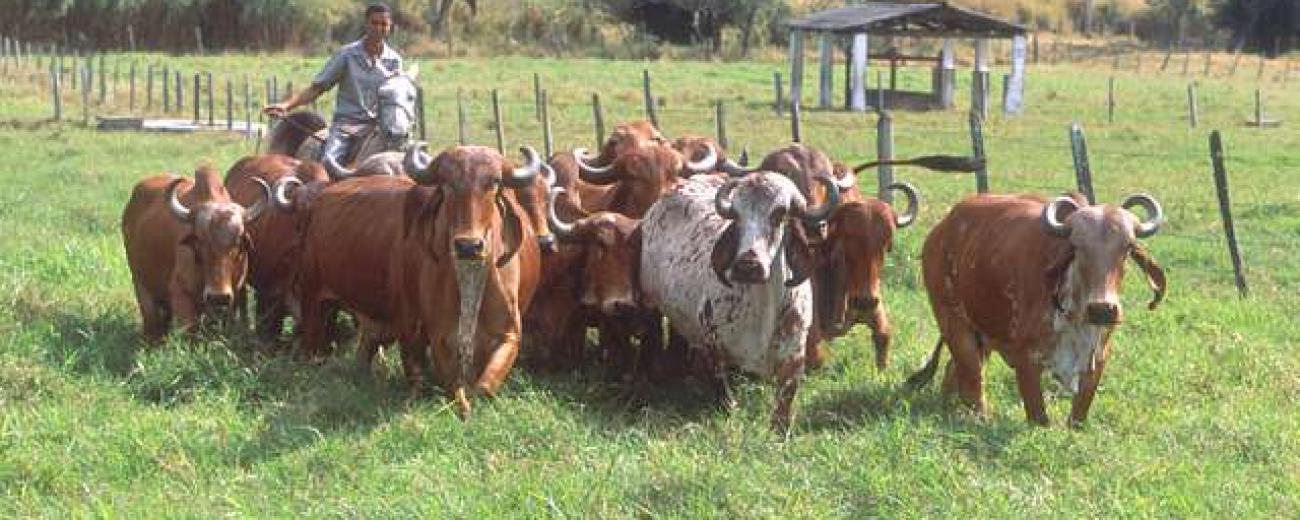
Protein frontiers in the Trans-imperial Pacific: A history of the Brazilian beef industry

Key information
- Date
- Time
-
5:00 pm to 7:00 pm
- Venue
- Senate House
- Room
- S209
About this event
Today when we think about beef from Latin America we typically think of Argentina. However, in terms of scale, Brazil is a much larger producer and exporter of beef products, second only to the United States in terms of global production.
This phenomenon is deeply connected to the construction of national identity, while also being emblematic of the development of vast global meat markets that are central to the growth of Brazilian capitalism.
Crucial to this development are protein frontiers in the trans-imperial Pacific. In particular, multiple countries in the Pacific region have during the twentieth century driven the expansion of beef production in Brazil through demand (China and Japan), financial investment (Japan and US), the supply of labour (Japan), and scientific knowledge (Australia and Japan). Alongside the growth of new infrastructures, which have facilitated trade driven by technological changes, such as refrigeration units and shipping containers.
This project investigates the under-researched history of the Brazilian beef industry during the twentieth century to highlight the historical forces that have led to our contemporary reality. In so doing this project seeks to contribute to the growing historiography concerned with the consequences of animal commodification in relation to national identity, natural environments, political economies, trans-imperial history, and the production and circulation of knowledge.
Speaker
- Oscar Broughton
Contact
Image: Brazilian Gyr Cattle – Source: United States Agricultural Research Service


